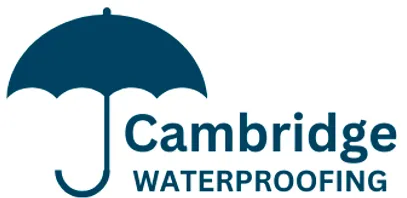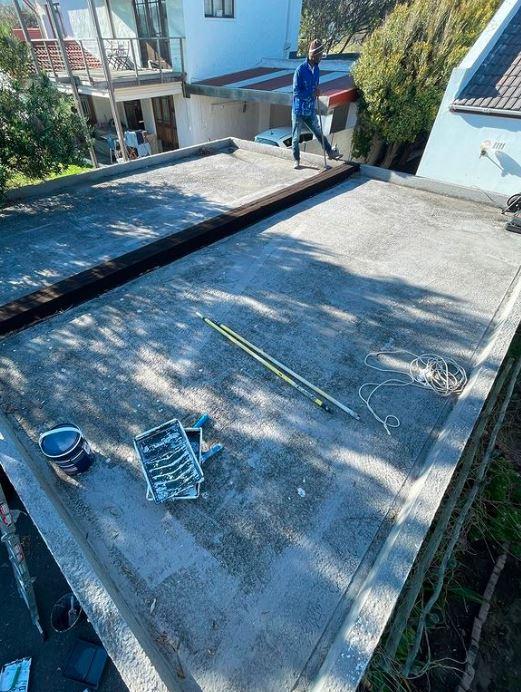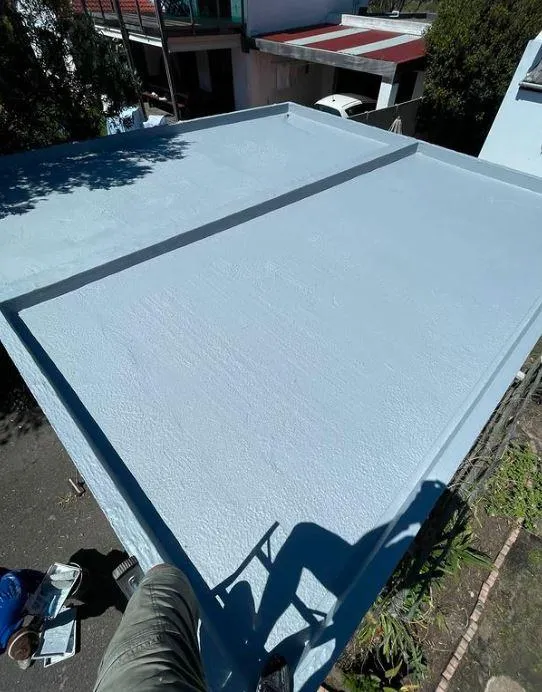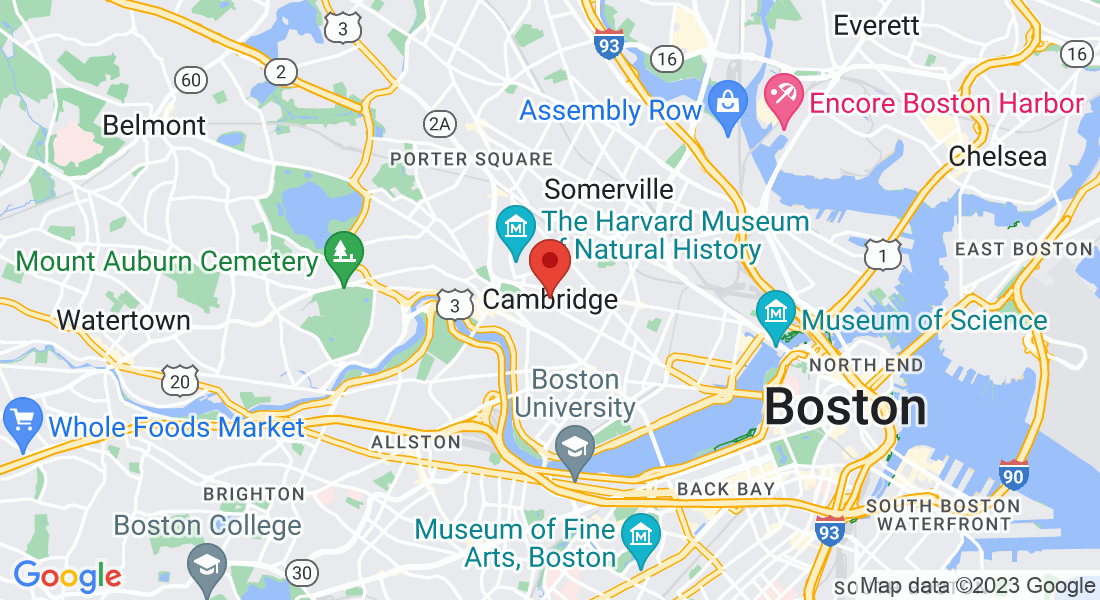
Cambridge Waterproofing
Roof Waterproofing, Cambridge, Massachusetts
Water might accumulate on your roof and leak through it during heavy rainstorms, causing damage to your business property. As a result, Mold and mildew may form on your walls, and your building's wooden components may decay. Waterproofing your rooftop will protect your commercial area from moisture damage. Whether your roof is flat or sloping, our waterproofing services at Cambridge Waterproofing can help you have a high-quality, safe roof.
Instead of rebuilding the whole roof, a waterproof coating can keep water out of the structure. This roofing and waterproofing guide will help you keep moisture from your commercial roof and its components.


Things To Consider In Selecting Roof Waterproofing
Though there are various forms of waterproofing, the optimal one for your application is essential. Look for the following characteristics when selecting a waterproofing membrane for your business roof.
Compatibility with the current roof surface: To avoid costly damage, consider the material of the existing coating on your single-ply roof. Applying urethane over acrylic elastomeric, for example, may result in re-emulsification. Any surface with silicone on top would restrict the waterproofing membrane's adherence.
Sunlight resistance: The waterproofing membrane must be UV stable or resistant unless trees are above your structure. Otherwise, it would lose vigor when the sun beats down on it.
Elongation: The waterproofing membrane on your roof must be able to stretch to allow movement, particularly if you have a high-rise or steel building, and to conceal cracks that may form in the concrete over time. Manufacturers measure elongation as a percentage. With a 150% extension rate, the material may extend up to 1.5 times beyond its native form.
Breathability: Excessive waterproofing can trap water within your structure if moisture escapes through. Look for a barrier that prevents water from entering, allowing vapor to travel through.
Tear resistance: A significant force can tear even if your material has a high elongation %. Your waterproof membrane should be strong enough to resist strong winds and rain.
Abrasion resistance: Besides tearing by force, the material must survive wear and tear from normal usage. When workers drop nails, screws, and heavy things on a material during construction, you can determine its abrasion resistance. If abrasive things may rupture the membrane, leaks will enter your business property.
Chemical resistance: The membrane should be able to tolerate chemicals from adjacent industrial facilities and falling debris. The membrane may disintegrate if not chemically inert when exposed to soil and building materials.
Geometry: The waterproofing membrane must be flexible enough to fit around your irregularly shaped roof. A liquid membrane would be ideal because it can take on any shape. A liquid membrane would be excellent.
Cambridge Waterproofing is committed to the highest safety, quality, and performance. We provide outstanding waterproofing services to keep your building clean, dry, and safe. Contact us right now!

